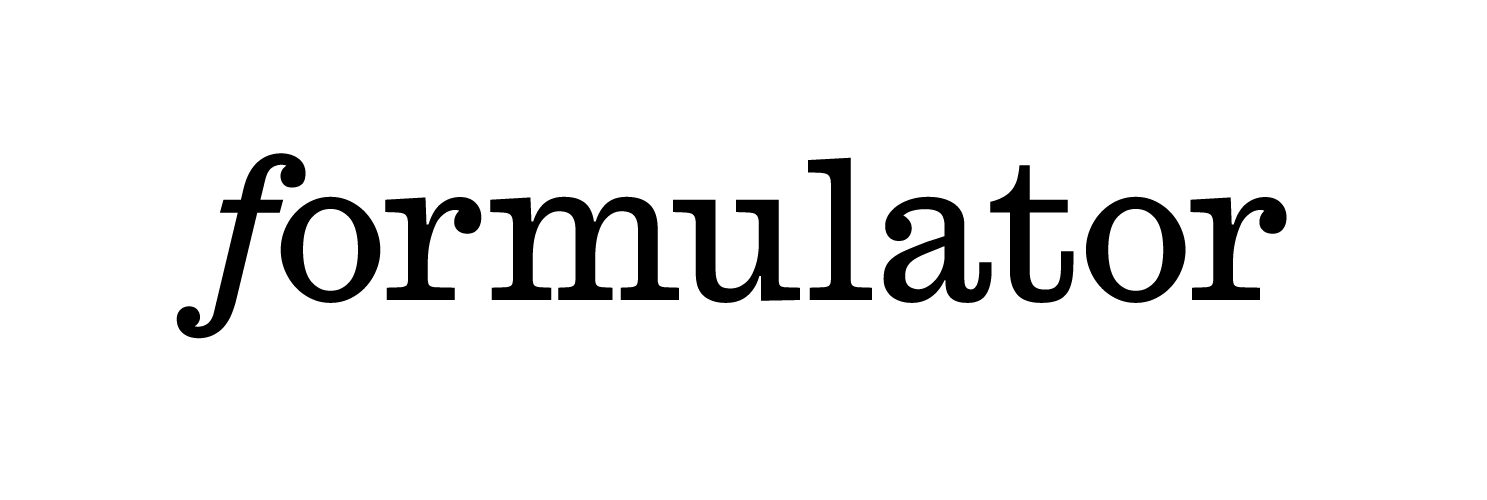Should you know something about your client before the first session?
As mental health practitioners, we strive to create a safe and non-judgmental space for our clients. By building a therapeutic alliance with them, we help them understand their issues and help them navigate through their struggles. One of the most critical steps in this journey is the first session. It sets the tone for the rest of the therapeutic process, and it's essential to get it right.
Two schools of thought
When it comes to the initial session, there are roughly two schools of thought: some clinicians meticulously study the client's referral, relevant prior patient logs, history, and any questionnaires they filled in before the session. In contrast, others rely on a clean-slate approach, engaging in open dialogue with the client to learn about their issues straight from the source without preconceptions. Both approaches have their merits and pitfalls.
No preconceptions, no problems?
The clean-slate approach allows the clinician to connect with the client and create a safe and non-judgmental environment for them to open up and share their experiences. However, this approach can be frustrating for the client who may have already had to explain their situation and worries to several different gatekeeping health care professionals before gaining access to mental health care. This can at its worst lead the client to feel unheard and invalidated.
Well-planned is halfway done?
So it might seem that getting to understand the referral and familiarizing oneself with the client's history and other prior information before the session would be a more professional, responsible and objective approach. After all, it allows the clinician to prepare for the session in advance. This can also be seen as a matter of effectiveness as the issues, symptoms and topics for discussion are already known.
How to frame it?
The problem with working on prior knowledge is that it is not always set in a framework that is used by the mental health practitioner. Questionnaires measure the severity of symptoms, but do not explain how or why they occur. Or even if they are the relevant issues the client wishes to work on. Referrals and patient logs by other health-care professionals may adhere to structures and viewpoints different from those the practitioner uses and may contain irrelevant information. The client may also not have talked about the most relevant issues with the referring professional, instead saving the highly personal or difficult issue for the mental health practitioners ears.
Case formulation as a balanced approach
At Formulator we seek to combine the best of these two approaches. A good formulation is a structured description of the situation at hand, expressed in the client’s own words. Showing up to the initial session with a case formulation allows the practitioner to zoom in on the most important issues but in such a way that the ownership of this prior information is the client’s, not the health-care system’s.
Finally it is also important to remember that each client is unique, and their experiences, needs, and expectations will vary. The practitioner must still maintain a flexible approach and adapt to each client's needs. Some clients may prefer launching off directly from the formulation while others may still want to describe the situation from the beginning.

